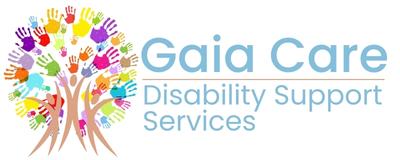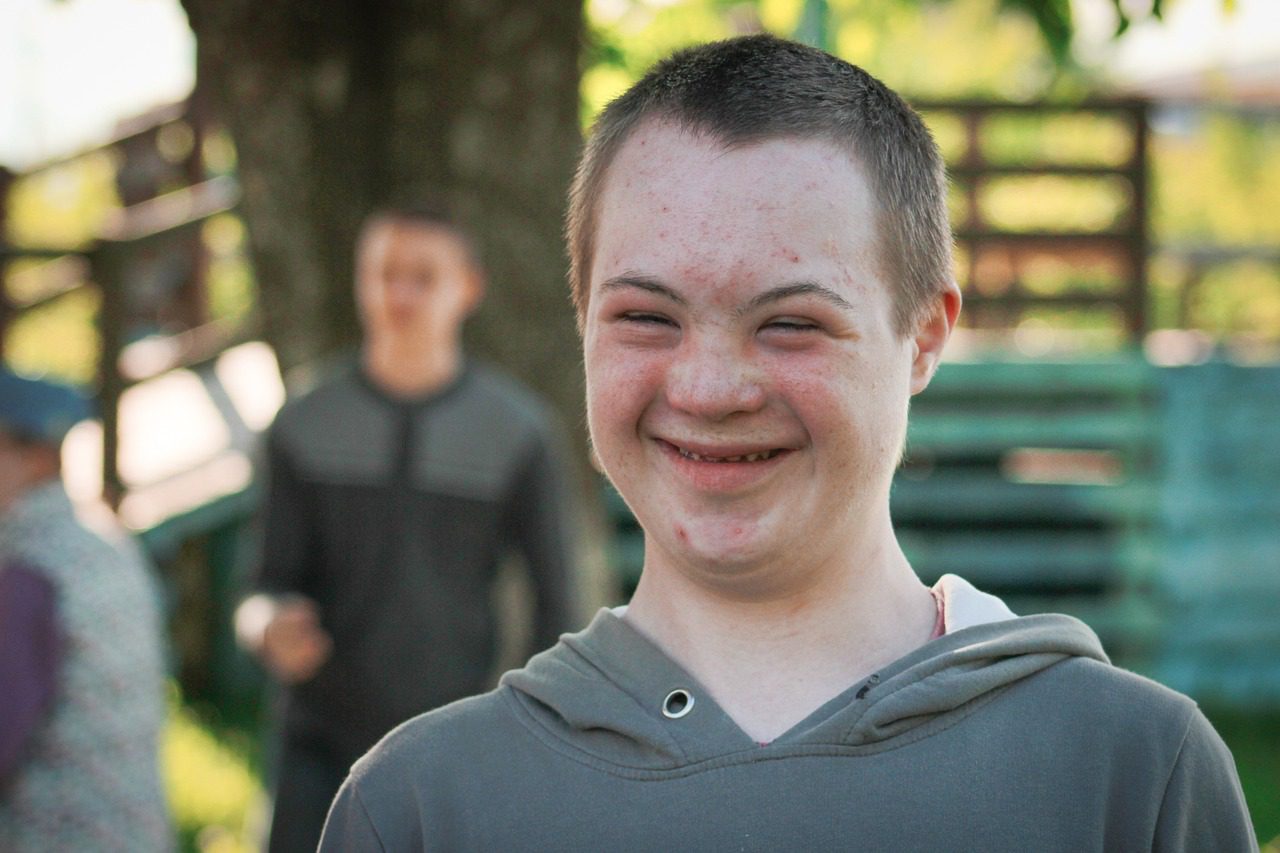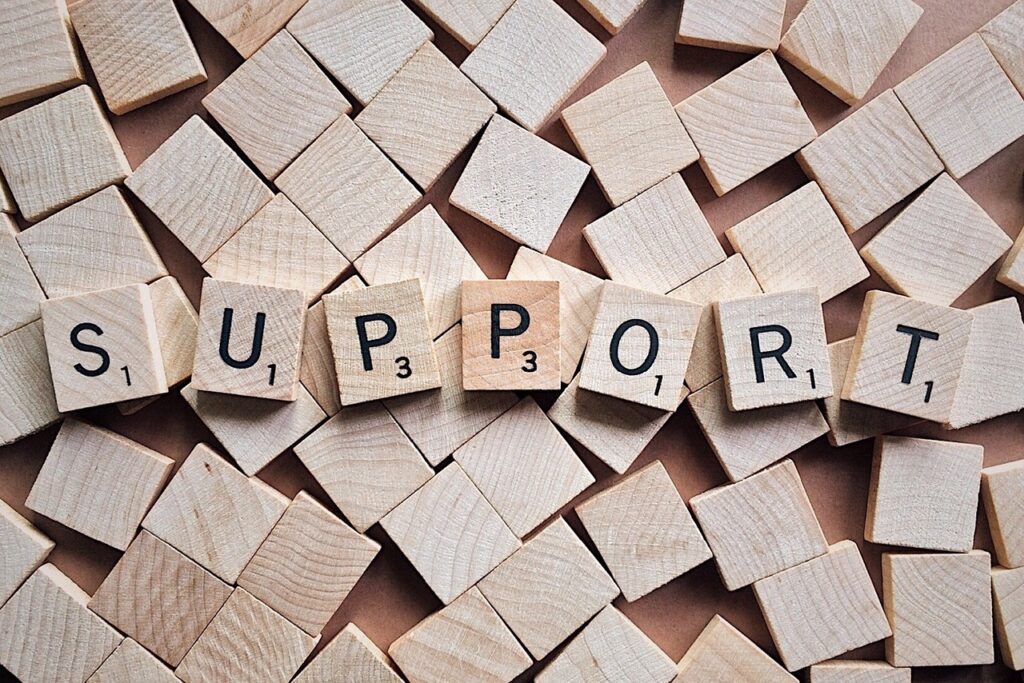Our Disability Services
At Gaia Care Disability Support Services, we provide assistance and support to people with disabilities. We aim to help our clients live as independently as possible and to participate fully in the community. We offer a range of services, including: – Assistance with daily living tasks – Help with accessing education, employment, and other services – Social and recreational activities – Therapeutic programs – Support for carers and families Our team of qualified professionals is here to help you achieve your goals. We can provide information, advice, and support on a range of issues related to living with a disability. We can also connect you with other services and supports in the community. So if you need help, don’t hesitate to get in touch.
Providing Assistance & Support
We provide assistance and support to individuals with disabilities and their families. We offer a variety of services, including information and referrals, individual and family counselling, advocacy, and community education. We also provide support to businesses and organisations that serve individuals with disabilities.
Our goal is to help individuals with disabilities lead full, independent lives. We work closely with our clients to identify their needs and develop plans to address them. We also provide guidance and support to families as they navigate the disability service system.
We are committed to providing quality services that are responsive to the needs of our clients. We strive to be culturally competent and sensitive to the individual differences of our clients. We are dedicated to promoting inclusion and opportunity for all.
Types of Disabilities We Assist With
There are many different types of disabilities that can make it difficult for individuals to lead independent and fulfilling lives. Our disability services are designed to provide assistance and support for individuals with a wide range of disabilities, including physical, cognitive, developmental, and mental health disabilities. Some of the specific types of disabilities we assist with include:
- Physical disabilities: Physical disabilities can make it hard or impossible for individuals to perform certain activities or tasks. We can provide assistance with activities of daily living, such as bathing, dressing, and eating, as well as help with transportation, access to healthcare, and more.
- Cognitive disabilities: Cognitive disabilities can make it difficult for individuals to think, remember, and focus. We offer services to help individuals with cognitive disabilities manage their everyday lives, including help with goal setting, time management, and organisation.
- Developmental disabilities: Developmental disabilities are usually diagnosed in childhood and can last a lifetime. We offer a variety of services to help individuals with developmental disabilities live as independently as possible, including early intervention services, job training and placement, and community living support.
- Mental health disorders: Mental health disorders can make it difficult for individuals to cope with everyday life. We provide counselling, case management, and other services to help individuals with mental health disorders manage their symptoms and live productive lives.
Intellectual Disabilities
Intellectual disability is a term used when a person has certain limitations in intellectual functioning and adaptive behaviour. This disability originates before the age of 18. Intellectual disability is also known as intellectual development disorder (IDD) or cognitive impairment. The intellectual function includes abilities such as:
- Thinking
- Reasoning
- Learning
- Judgment
Adaptive behaviour includes:
- Communication
- Self-care
- Social skills
- Motor skills
- Work skills and intellectual disability can range from mild to severe.
People with mild intellectual disabilities have some limitations in the above areas but are able to do most things that people without intellectual disabilities can do. They may need support and accommodations to be successful in school and at work, but they can usually learn new skills, live independently, and hold a job. People with severe intellectual disabilities have serious limitations in all of the above areas. They may not be able to communicate, take care of themselves, or interact with other people. They will probably need help from other people for their whole lives.
Physical Disabilities
Individuals with physical disabilities may have difficulty performing activities of daily living, such as dressing, bathing, and using the restroom. They may also have difficulty with mobility, using stairs or walking long distances. Some physical disabilities are congenital, meaning they are present at birth, while others may be the result of an injury or illness. There are a variety of services available to assist individuals with physical disabilities.
These services can help with activities of daily living, mobility, and communication. For example, home health aides can assist with basic needs such as bathing and dressing. Physical therapists can help improve mobility and range of motion. And speech-language pathologists can help those with communication difficulties. In addition to professional services, there are also a number of adaptive devices that can be used to assist individuals with physical disabilities.
For example, wheelchairs and scooters and accessories such as ramps can help with mobility, while adaptive eating utensils can help those who have difficulty using standard utensils. There is a wide range of adaptive devices available, and it is important to consult with a professional to find the best ones for your needs.
Sensory Disabilities
There are a variety of different types of sensory disabilities, which can make it difficult for individuals to process information from their environment. Common examples include blindness/low vision, deafness/hard of hearing, and difficulties with touch, smell, or taste. Some individuals with sensory disabilities may require special accommodations in order to access information and communicate effectively. For example, those who are deaf or hard of hearing may need to use sign language interpreters or captioning services. Those who are blind or have low vision may need Braille materials or large print books.
There are also a number of assistive technology devices that can be used by people with sensory disabilities. For example, those who are blind or have low vision can use screen readers or screen magnifiers to access electronic information. Those who are deaf or hard of hearing can use text-to-speech software to read aloud text on a computer screen.
If you know someone with a sensory disability, there are a few things you can do to be more inclusive and supportive. First, learn about the individual’s specific needs and how they prefer to communicate. Second, be patient and allow extra time for communication. And finally, avoid making assumptions about what the person can or cannot do – always ask first!
Mental Health Conditions
Disability services help people with mental health conditions to live as independently as possible and to participate in the community. Disability services also support people with mental health conditions to access education, employment and social activities.
Our Support Services
Our disability services provide vital assistance and support to people with disabilities and their families. Our programs help individuals with disabilities to live independently, find and keep employment, receive education and training, and participate fully in community life. We also provide support to families who have a member with a disability.
We offer a wide range of services, including
- Information and referral
- Case management
- Individual and family counselling
- Community Outreach
- Supported living services
- Supported employment services
Our team of experienced professionals can help you navigate the disability system and access the resources you need. We are here to support you every step of the way.
Case Management
Individuals with disabilities often need help coordinating their care and access to services. Case managers are professionals who can provide this type of assistance. They can help connect individuals with disabilities to the resources they need to live independently.
Case managers also provide ongoing support to ensure that individuals with disabilities have the resources they need to maintain their independence. Individuals with disabilities who are seeking case management services should contact their local disability services office. Disability services offices can connect individuals with case managers who can provide the assistance they need.
Community Inclusion & Social Activities
Our disability services provide assistance and support to members of the community who have disabilities. We offer a variety of services and activities that help our clients live more independently and participate in the community. Our services include: -Community inclusion and social activities: We offer a variety of community inclusion and social activities that help our clients interact with others, develop relationships, and learn new skills.
These activities include group outings, shared meals, recreational activities, and more. -Individualized support: We offer individualized support to each of our clients, based on their unique needs and goals. This support can include help with everyday tasks, job coaching, advocacy, and more. -Information and resources: We provide information and resources about disability services, programs, and benefits to our clients, their families, and the community.
Therapeutic & Clinical Services
Our organization provides a number of therapeutic and clinical services to help individuals with disabilities. These services are designed to improve the overall health and well-being of our clients. We offer a variety of services, including physical therapy, occupational therapy, speech therapy, and mental health counselling. We also provide assistance with activities of daily living, such as bathing, dressing, and eating. Our goal is to help our clients live as independently as possible.
How can I access disability services?
Disability services is a term used to describe the assistance and support provided to people who have disabilities. The aim of disability services is to help people with disabilities live as independently as possible and participate in the community.
There are many different types of disabilities that disability services can assist with, including intellectual disabilities, physical disabilities, sensory disabilities, and mental health conditions. Disability services can provide support in a number of different ways, including case management, community inclusion and social activities, and therapeutic and clinical services.
If you or someone you know has a disability, there are a number of ways that you can access disability services. You can contact your local disability support services office such as ours which is also an organisation that provides support for people with disabilities.
What is the role of disability services?
The aim of this article is to provide an overview of the disability services that we offer here at our organization. We will cover the types of disabilities that we assist with, as well as the different support services that we provide. Our goal is to help individuals with disabilities live happy, independent, and fulfilling lives.
Our disability services can provide assistance and support for individuals with intellectual disabilities, physical disabilities, sensory disabilities, and mental health conditions. We offer a variety of support services, including case management, community inclusion and social activities, and therapeutic and clinical services. We also have a SIL (Supported Independent Living) program, which can provide individualized support for those who need it.
If you or someone you know is living with a disability, we encourage you to reach out to us. We are here to help in any way we can.
Living with disability
Living with a disability can be overwhelming and challenging. There are a lot of things to think about and plan for. But you are not alone. There are many organisations and individuals who want to help you. The first step is to figure out what kind of assistance and support you need.
- Do you need help with everyday activities, like getting dressed or taking a shower?
- Do you need someone to help you manage your finances or take care of your medical appointments?
- Do you need special equipment, like a wheelchair or hearing aid?
Once you know what you need, start looking for resources in your community. Talk to your doctor or other health care providers. They may be able to refer you to services and support groups. Contact your state’s department of disability services or your local social service agency. They may have information about programs and services that can help you. There are also national organizations that provide information and assistance.
Don’t forget that your family and friends can be a great source of support, too. They can help with practical things, like childcare or transportation. And they can provide emotional support when you need it. When it comes to finding assistance and support, the most important thing is to never give up. There are many resources available, and with perseverance, you will find the help you need.
SIL – Supported Independent Living
SIL – Supported Independent Living is a type of disability service that helps people with disabilities live independently in their own homes or apartments. SIL services can include help with cooking, cleaning, personal care, and budgeting. SIL providers also help people with disabilities connect to community resources, like transportation and recreation.
Individual Support
Individual support services provide assistance and support to people with disabilities so that they can live independently in the community. These services can include help with everyday tasks such as cooking, cleaning, and budgeting, as well as more specialized tasks like personal care or accessing transportation.
Individual support workers are trained to tailor their services to meet the unique needs of each individual they work with, and they may work with one person or a small group of people. These services are vital for enabling people with disabilities to lead full and independent lives, and they can make a huge difference in someone’s quality of life. For example, having someone to help with cooking and cleaning can free up time that can be used for leisure activities or hobbies, and being able to access transportation can open up opportunities for work, education, and socializing.
Individual support services are typically funded by government agencies, and the eligibility requirements vary from place to place. In some cases, people with disabilities may need to be assessed by a professional in order to access these services. If you think you or someone you know might benefit from individual support services, please contact your local disability services provider for more information.
Overnight Support
Although most of our disability services are available during the day, we understand that some support is needed at night too. That’s why we offer overnight support to those who need it. Our overnight support services are designed to meet your individual needs and can include anything from help with personal care to providing emotional support. We also have a team of specialist nurses on call if you need more medical assistance. If you’re interested in finding out more about our overnight support services, please get in touch.
Social Support
Disability services provide a range of social support options for people with disabilities. Social support can include both formal and informal support systems. Formal social support systems are typically organized and run by a government or nonprofit organizations, while informal social support systems are typically provided by family, friends, and community members.
Formal social support systems can provide a variety of services, including information and referral services, financial assistance, housing assistance, legal assistance, and counselling services. Informal social support systems can provide emotional support, practical help, and companionship.
Both formal and informal social support systems are important for people with disabilities. Formal social support systems can help people with disabilities access the services they need to live independently, while informal social support systems can provide the emotional and practical support that people with disabilities need to cope with their day-to-day challenges.
Respire Care
With our respite care, we provide disability services and support to people of all ages living with a range of disabilities. We understand that every individual is different and that each person has unique needs. That’s why we tailor our services to meet the specific requirements of each individual. We offer a wide range of services, including personal care, domestic assistance, community access, respite care, and much more. We also provide support for families and carers.
Our goal is to help our clients live as independently as possible and to participate fully in the community. We work closely with our clients and their families to develop a care plan that meets their needs and objectives. We also liaise with other health professionals, such as doctors, nurses, psychologists, and therapists, to ensure that our clients receive the best possible care. If you or someone you know is living with a disability, we encourage you to get in touch with us to find out how we can help. We’re here to support you every step of the way.
Community Access
Community access is one of the most important aspects of our disability services. We provide assistance and support to help our clients interact with the community, participate in activities, and make the most of their abilities. Our community access services include:
- Helping our clients find and use community resources
- Connecting them with social and recreational activities
- Encouraging them to participate in community events
- Providing support so they can live as independently as possible
Personal Access
Personal access to quality disability services is a fundamental human right. Unfortunately, this right is not always guaranteed or protected in practice. In many cases, people with disabilities are forced to rely on family members or other caretakers for their basic needs, rather than being able to live independently. This can result in a loss of independence, dignity, and self-respect. There are a number of reasons why personal access to disability services is so important. First and foremost, it allows people with disabilities to live their lives in the way that they see fit.
They are able to make their own decisions about their care, rather than having someone else make those decisions for them. Additionally, personal access to disability services gives people with disabilities a greater sense of control over their lives. They are not at the mercy of others when it comes to meeting their basic needs. Finally, personal access to disability services allows people with disabilities to live and interact with the world on their own terms.
They are not limited by their caretaker’s schedule or availability. While personal access to disability services is extremely important, it is not always easy to obtain. In many cases, there is a lack of available services or support. Additionally, many people with disabilities are not able to afford the costs associated with personal care. This can result in them being forced to rely on family members or other caretakers for their basic needs.
There are a number of ways that we can improve personal access to disability services. First and foremost, we need to increase the availability of quality services. This can be done by investing in public programs and support systems. Additionally, we need to make sure that these services are affordable for everyone who needs them. Finally, we need to do a better job of educating people about their rights and how to obtain the services they need.
Improving personal access to disability services is an important step in ensuring that everyone has the opportunity to live their life on their own terms. By increasing the availability of quality services and making sure that they are affordable for everyone, we can make a significant difference in the lives of people with disabilities.
Transportation
One of the most important services our disability services provide is transportation. We work with a variety of transportation providers to make sure our clients have the safest and most reliable way to get around. We also provide transportation training so our clients can learn how to use public transportation and other available resources.
Medication
As disabled people, we are all too often prescribed medication as a way to cope with our conditions. This can be anything from simple painkillers to more serious drugs that help us to manage our symptoms. While medication can be an important part of managing our health, it’s important to remember that it is not a cure-all.
In fact, there are some real dangers associated with taking too much medication or relying on it too heavily.
For one thing, medication can be addictive. This is especially true for painkillers, but any type of drug has the potential to be addictive if we use it too frequently. If we become dependent on medication, it can be very difficult to break free from that dependence.
Another danger of taking too much medication is that it can actually make our symptoms worse. This is because our bodies can build up a tolerance to the drugs, meaning that we need higher and higher doses to get the same effect. In some cases, this can lead to dangerous side effects or even overdose.
Finally, medications can be expensive. If we are relying on them too heavily, it can be hard to afford the costs of keeping up with our prescriptions. This can put a real strain on our finances, and may even force us to cut back on other necessary expenses like food or housing.
Medication can be a helpful tool for managing our health, but it’s important to remember that it should only be used as part of a larger plan. We should always talk to our doctors about the risks and benefits of taking any medication and make sure that we are only taking what we really need.
What are the eligibility requirements for disability services?
There are a variety of disability services available to eligible individuals, and the specific requirements for each program vary. However, there are some general eligibility requirements that must be met in order to qualify for most disability services.
To be eligible for disability services, an individual must first be determined to have a disability. A disability is defined as a physical or mental impairment that significantly limits one or more major life activities, or a record of such an impairment.
In addition to having a disability, individuals must also meet certain age and income requirements. For example, many programs require that applicants be 18 years of age or older. Some programs also have income limits, and only individuals who meet these requirements will be considered for assistance.
Once an individual has been determined to be eligible for disability services, they will be able to receive the specific assistance they need. This may include help with daily living activities, access to transportation, job training and placement, and much more.



Gaia Care Disability Support Services
We provide disability services to the greater North Brisbane and Moreton Bay Communities. Our services include:
- Individual Support
- Overnight Support
- Social Support
- SIL – Supported Independent Living
- Respite Care
- Community Access
- Personal Care
- Transportation
- Assistance With Medication
- Mindful Activities
